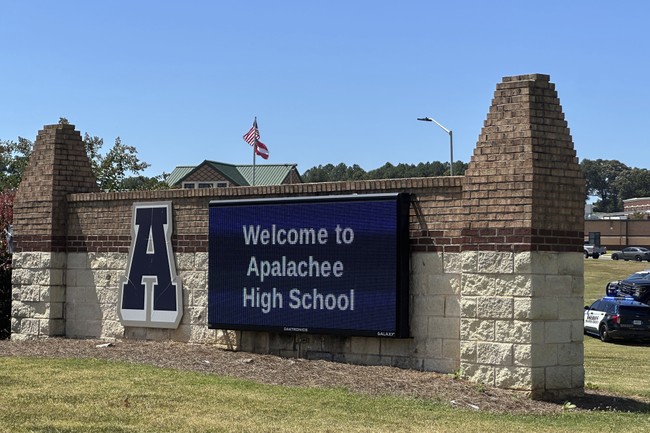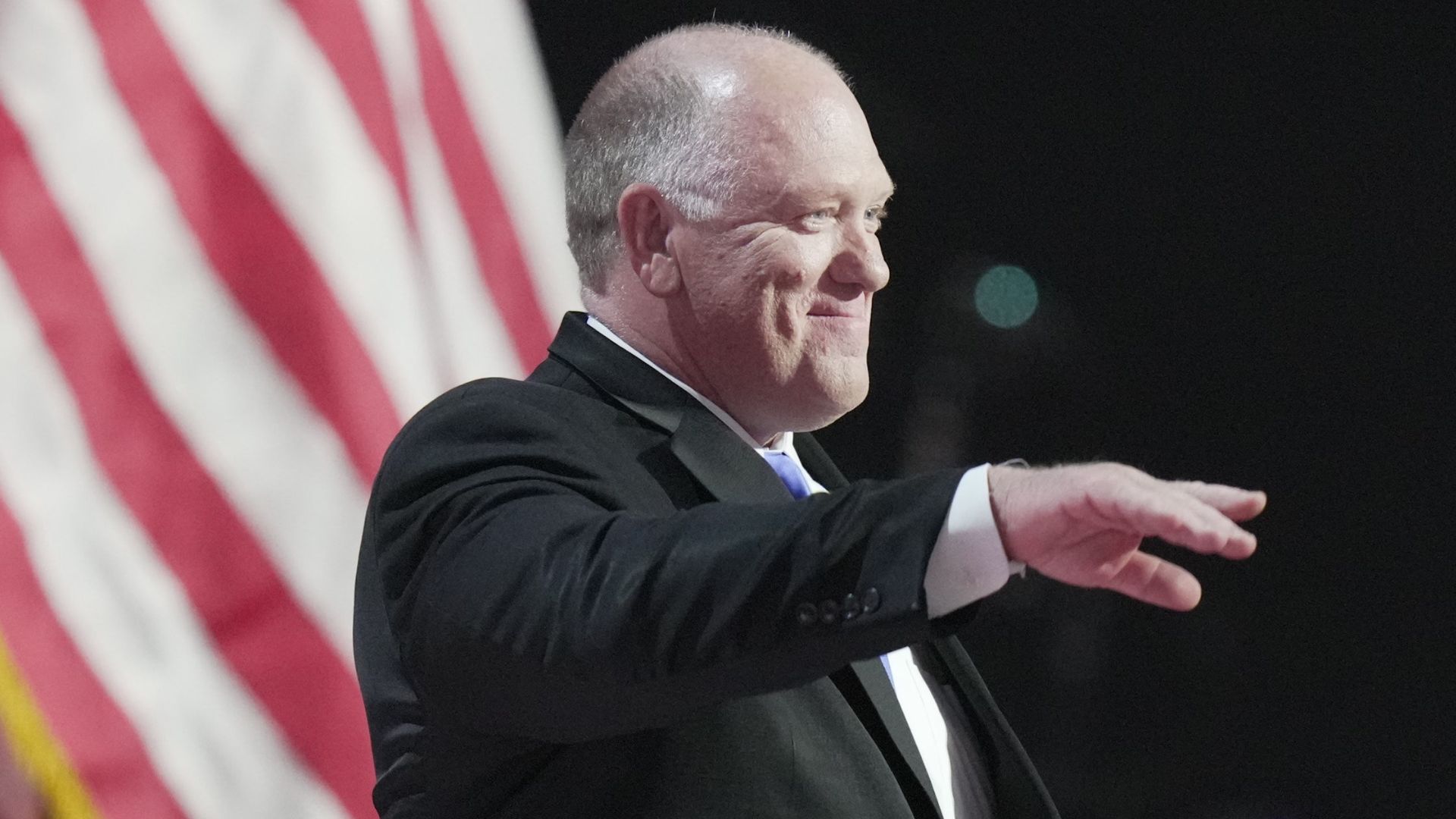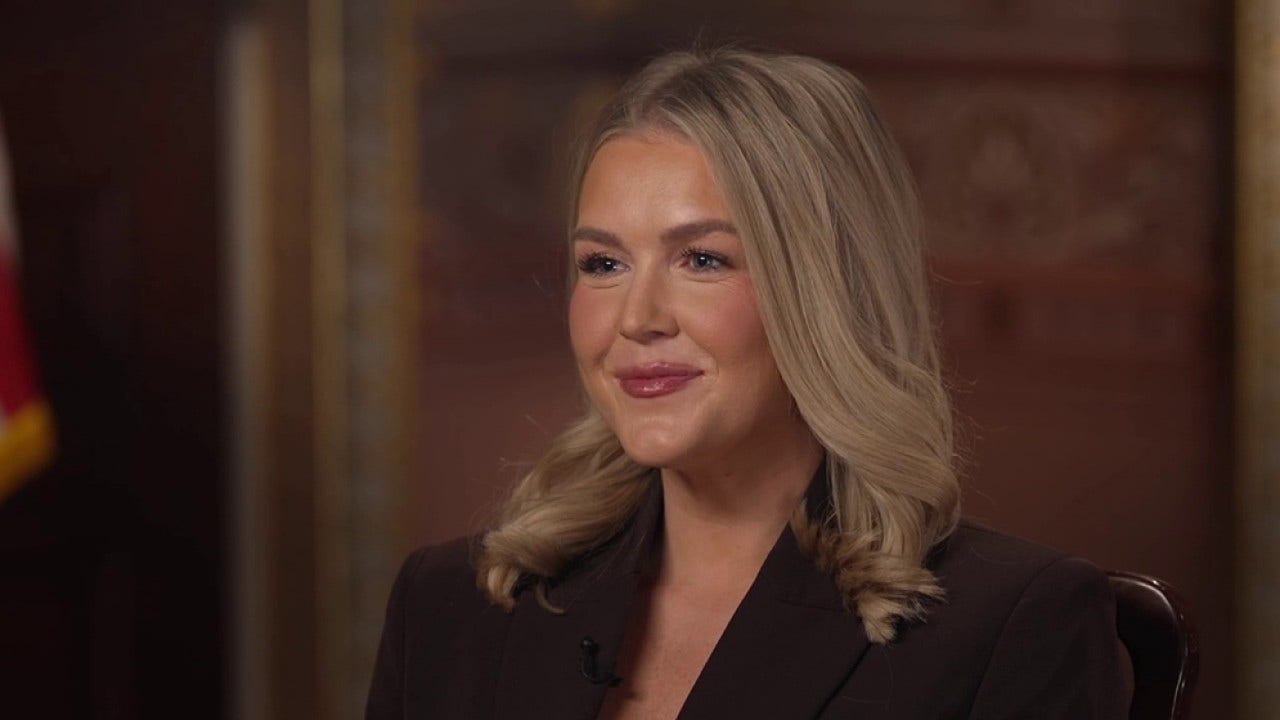The recent school shooting in Georgia is yet another stark reminder of the tragic consequences when warning signs go unheeded, and those responsible for our children’s safety fail to act. As details continue to emerge, it’s becoming increasingly clear that this was not an unforeseeable event. It was preventable, and it should never have happened.
Yesterday, new information came to light revealing that the FBI had been aware of the shooter prior to the incident and had passed this critical intelligence to local law enforcement. According to reports, the shooter had made disturbing comments online, signaling his intent to commit violence. The FBI flagged these threats and alerted local authorities, who subsequently interviewed the shooter and his parents.
Recent reports have revealed that the FBI had been aware of the Georgia school shooter, a 14-year-old boy, as early as 2023 due to online threats he made about committing a school shooting. The FBI received anonymous tips and local law enforcement interviewed the boy and his parents, but despite these red flags, he was still able to access firearms and carry out the attack at Apalachee High School, killing four people and injuring nine others.
This raises significant concerns about the effectiveness of the communication between local law enforcement, and the school district. With changes forced on how the FBI handles tips after Parkland, the FBI did in fact pass this information to local authorities, it’s unclear what steps, if any, were taken by the school district to mitigate the risk posed by this student. Were school officials aware of the FBI’s concerns? If so, what actions were taken to protect the students and staff? Were parents notified of the potential threat?
Additionally, the role of the parents in this tragedy cannot be overlooked. Despite being aware of FBI and local law enforcement interest in their son, it seems they failed to secure their firearms, allowing him to carry out this horrific act. This begs the question: Should parents be held accountable when their negligence in firearm storage results in such devastating consequences? The right to bear arms is a fundamental one, but it carries with it the responsibility to ensure those arms are kept out of dangerous hands.
These revelations demand answers from all parties involved—law enforcement, the school district, and the parents. Transparency and accountability are crucial to preventing future tragedies like this one.
At this stage of the investigation, it’s not uncommon to have more questions than answers. Serving on the Marjory Stoneman Douglas Commission, which investigated the Parkland tragedy, here are a few of the questions that law enforcement and the school district should answer. What did the school district know, and when did they know it? Were they informed about the FBI’s concerns or the subsequent interview by local law enforcement? If they were, what measures, if any, did they take to ensure the safety of their students and staff? If they were not informed, why not? The failure to address these questions head-on only deepens the pain and anger of those affected by this senseless act of violence.
The very purpose of background checks and preemptive law enforcement action is to prevent individuals with violent intentions from carrying out their plans. However, in this case, despite the warnings, the shooter was still able to carry out his deadly mission. This raises serious concerns about the effectiveness of protocols used by the Barrow school district and the communication between local authorities, and educational institutions.
We cannot ignore the role of the school district in this tragedy. Schools are supposed to be sanctuaries of learning, not battlegrounds. The safety of students should be the highest priority, and any credible threat should be met with immediate action. Did the school district understand the gravity of the threats made online or have any first hand knowledge that this student was a potential threat? Were there behavioral issues, signs of distress, or any other warning signs that were overlooked? If they were informed of the FBI’s investigation, what steps did they take to mitigate the risk?
Parents have the right to know if there is a threat to the children at school and what is being done to protect them. Did the district make parents aware of the potential threat? The public deserves answers, and the families of the victims deserve accountability.
Like clockwork after every school attack, gun control advocates come out of their haunts to call for more restrictions on our Second Amendment rights. The Second Amendment guarantees the right to bear arms, but with that right comes the responsibility of ensuring that those arms do not fall into the wrong hands. In this instance, it appears that the parents failed to secure their firearms properly, allowing their son to access them and use them to commit a heinous act. Should they be held legally accountable for their negligence? This is a question that prosecutors seem more and more likely to pursue.
There is no doubt that parents bear a significant responsibility in ensuring that their firearms are stored safely and securely, especially in homes with children or individuals who may pose a threat to themselves or others. Failure to do so can have deadly consequences, as we have tragically seen in Georgia. The debate over parental accountability is not about infringing on Second Amendment rights; rather, it is about ensuring that those rights are exercised responsibly.
As a community, we must ask ourselves: Are we doing enough to educate gun owners about the importance of secure storage? Are there laws in place that adequately address the issue of negligent storage? If not, should they be strengthened? These are difficult questions, but they are necessary if we are to prevent future tragedies. If we don’t want to give gun control advocates more fodder for their cause, we must hold our own to account.
The Georgia school shooting is a tragic reminder that our current systems and protocols are not foolproof. We must learn from this incident and take immediate steps to address the gaps in our approach to school safety, law enforcement communication, and firearm responsibility. This is not a time for complacency or excuses; it is a time for action.
We must demand that school districts be fully transparent about their safety protocols and that they take every threat seriously. We must hold law enforcement accountable for ensuring that all levels of government and educational institutions are informed and prepared to act on credible threats. And yes, we must also consider the role of parents in preventing access to firearms by individuals who should not have them.
In the wake of this tragedy, the families of the victims deserve more than our thoughts and prayers—they deserve answers, and they deserve accountability. We owe it to them to ask the hard questions, to demand transparency, and to ensure that this never happens again. We owe it to the victims, Mason Schermerhorn, Christian Angulo, Richard Aspinwall, and Christina Irimie.
Read the full article here





![Susan Rice Triggered by Trump Firing of Joint Chiefs, CNN’s Jennings Drops Truth Bomb [WATCH] Susan Rice Triggered by Trump Firing of Joint Chiefs, CNN’s Jennings Drops Truth Bomb [WATCH]](https://www.rvmnews.com/wp-content/uploads/2025/02/2025.02.22-06.58-rvmnews-67ba1e4984f55.jpg)




![70 Christians Beheaded by Islamist Militants, Legacy Media Silent [WATCH] 70 Christians Beheaded by Islamist Militants, Legacy Media Silent [WATCH]](https://www.rvmnews.com/wp-content/uploads/2025/02/2025.02.22-09.10-rvmnews-67ba3d4152932.jpg)